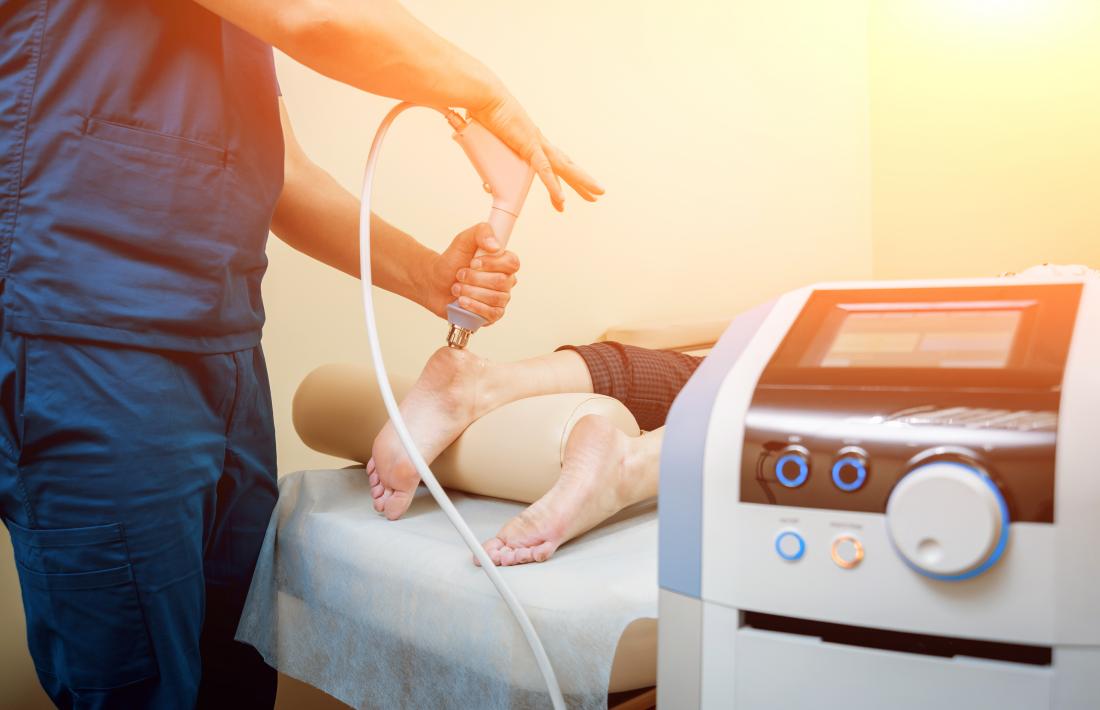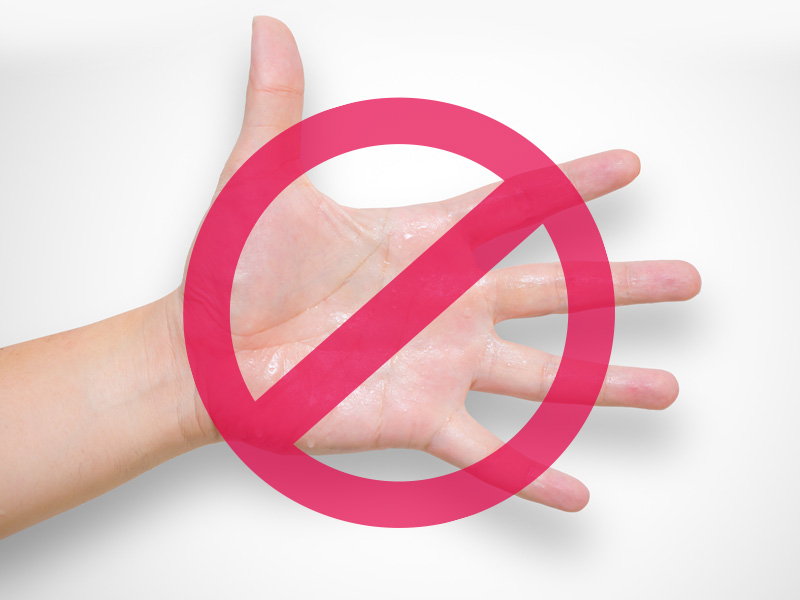Top Dermatology Treatments for Hyperhydrosis of Hands and Feet: What You Required to Know
Top Dermatology Treatments for Hyperhydrosis of Hands and Feet: What You Required to Know
Blog Article
Understanding the Origin of Excessive Sweating and Its Influence On Every Day Life
While it is frequently recognized as a physical response to control body temperature level, the triggers for extreme sweating can differ widely among people, incorporating not only physical elements however likewise emotional and mental components. By diving right into the origin creates of hyperhidrosis and discovering its diverse impacts, a deeper understanding of this prevalent issue can be acquired, shedding light on the intricacies that people grappling with too much sweating browse on an everyday basis.
Physiology of Sweat Glands
The guideline of sweat production, an important physiological process, is largely managed by the task of sweat glands distributed across the human body. Gland are classified right into two major types: eccrine and apocrine glands. Eccrine glands are the most many and are located in nearly all areas of the body. They play an essential duty in thermoregulation by producing a watery fluid onto the skin's surface area, which vaporizes and aids cool down the body down. On the other hand, apocrine glands are concentrated in areas rich in hair roots, such as the underarms and groin, and their secretions are thicker and milklike in look.
When the body temperature level increases, either due to physical activity, heats, or emotional stress, the worried system activates the sweat glands to generate sweat. This sweat is made up mainly of water and electrolytes like salt and chloride. The procedure of sweat manufacturing is necessary for maintaining the body's internal temperature level within a slim, optimum array, highlighting the essential role gland play in human physiology.
Triggers for Excessive Sweating
In recognizing the origin triggers of extreme sweating, it is essential to identify the triggers that can lead to this physical action. Physical physical effort, high temperatures, and spicy foods are also understood to set off extreme sweating in individuals prone to this problem.
Additionally, drugs such as some antidepressants, opioids, and particular supplements can also act as triggers for hyperhidrosis. Understanding these triggers is essential in taking care of excessive sweating successfully - Sweaty hands treatment. By determining and dealing with the certain triggers that prompt extreme sweating in a specific, doctor can create customized therapy strategies to ease this problem and boost the individual's quality of life
Medical Conditions Associated
Connected with too much sweating are numerous medical problems that can worsen this physical reaction. One typical problem is hyperhidrosis, a disorder defined by unusually raised sweating that exceeds the body's thermoregulatory needs. This can manifest in focal locations like the hands, soles, underarms, or face, affecting an individual's lifestyle because of social shame and pain.
Furthermore, endocrine problems such as hyperthyroidism, diabetes mellitus, and menopausal warm flashes can also lead to extreme sweating. Hyperthyroidism creates an overproduction of thyroid hormones, accelerating metabolism and triggering sweating. Diabetes can generate sweating episodes, specifically throughout hypoglycemic episodes when blood sugar levels drop too reduced. Menopausal warm flashes, connected to hormonal fluctuations throughout menopause, can create unexpected and extreme sweating, usually accompanied by flushing and heart palpitations.
Furthermore, infections like tuberculosis, HIV, and endocarditis have been related to night sweats, a common symptom known to interrupt rest and impact general health. These clinical problems highlight the varied array of underlying elements that can add to excessive sweating, necessitating extensive examination and management by healthcare specialists.
Mental and emotional Factors

Effect on Social Communications
Extreme sweating can have extensive impacts on an individual's ability to engage pleasantly in social communications. The visible signs of sweat stains or wet patches on garments can bring about shame and self-consciousness, triggering individuals to withdraw from social situations. This withdrawal can influence relationships, limit social activities, and impede individual and expert growth.

Furthermore, the anxiety and self-esteem problems coming from too much sweating can impact communication and social skills. Individuals might have a hard time to concentrate on discussions, join team tasks, or express themselves with confidence. This can result in sensations of seclusion and solitude, as social connections end up being challenging to preserve.
Conclusion

While it is typically comprehended as a physiological action to control body temperature, the triggers for excessive sweating can differ widely among people, including not only physical aspects yet psychological and also emotional components. By delving right into the origin creates of hyperhidrosis and discovering its diverse results, a deeper understanding of this prevalent issue can be obtained, dropping light on the complexities that individuals grappling with excessive sweating navigate on a day-to-day basis.
Physical effort, high temperature levels, and spicy foods are also understood to activate extreme sweating in individuals prone to this condition. By recognizing and attending to the particular triggers that trigger excessive sweating in a specific, healthcare carriers can develop tailored therapy plans to relieve this problem and boost the individual's quality of life.
Too much sweating can have extensive impacts on an individual's ability to involve pleasantly in social communications.
Report this page